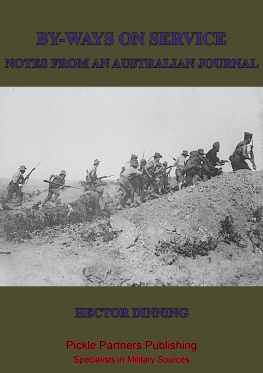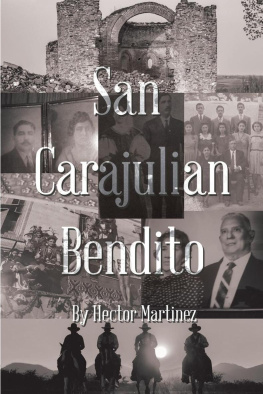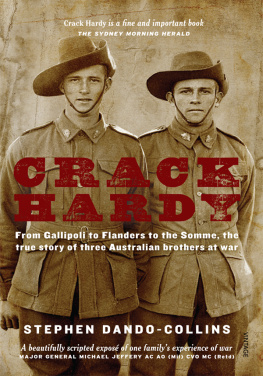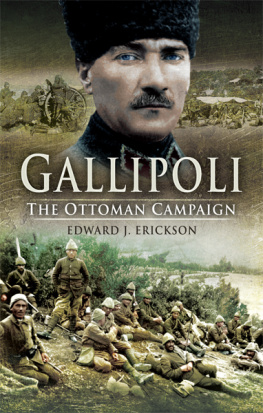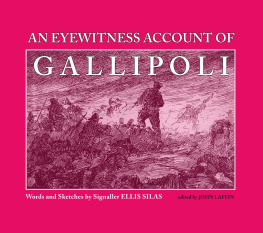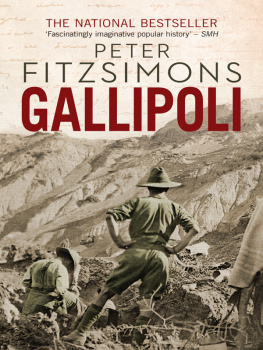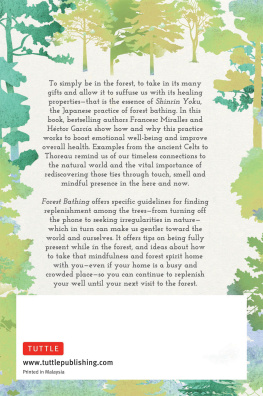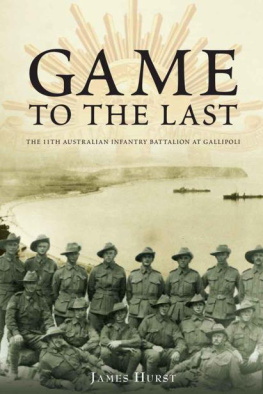

This edition is published by PICKLE PARTNERS PUBLISHING www.picklepartnerspublishing.com
To join our mailing list for new titles or for issues with our books
Or on Facebook
Text originally published in 1918 under the same title.
Pickle Partners Publishing 2013, all rights reserved. No part of this publication may be reproduced, stored in a retrieval system or transmitted by any means, electrical, mechanical or otherwise without the written permission of the copyright holder.
Publishers Note
Although in most cases we have retained the Authors original spelling and grammar to authentically reproduce the work of the Author and the original intent of such material, some additional notes and clarifications have been added for the modern readers benefit.
We have also made every effort to include all maps and illustrations of the original edition the limitations of formatting do not allow of including larger maps, we will upload as many of these maps as possible.
BY-WAYS ON SERVICE
NOTES FROM
AN AUSTRALIAN JOURNAL
BY
HECTOR DINNING
TABLE OF CONTENTS
Contents
DEDICATION
TO
AUSTRALIA
NOTE BY THE AUTHOR
THESE sketches were not originally written for publication in the form of a book; and there has been little opportunity of revising them with that object. The idea of collection and publication came late, after they (most of them) had appeared in the daily press or in some other journal; and it came rather by suggestion from friends than on the writers initiative.
The collection is rough and inconsecutive. It does not attempt to give a complete picture of what was to be seen by an Australian at any stage after embarkation from Australia. It is a series of impressions gained from an outlook necessarily limited. I wrote about the things that impressed me most, chiefly for the reason that they impressed me; there was also the motive of conveying to a small circle of friends some notion of what I saw.
In the light of the offensive fighting of 1917 in Western Europe, a great deal of this book will appear feeble, and even flippant. Descriptions of Egyptian cities and of the Canal-Zone will seem a kind of impertinence, in a book from the War-area, after tales of the fighting in Picardy. But they are published with the belief that after Peace has broken out some soldiers may find an interest in awakening the memory of their first-love in the world outside Australia. For most of them Egypt was that; and though in the desert they often declared themselves fed-up with Egypt, it was a transient and liverish judgment, and their relationship with this first-love was never stodgy. For the East of the sort they stumbled across in Cairo and on the Canal, Australians discovered in themselves a liveliness of interest that was almost an affinity.
But no apology for reminiscences of Anzac is called for, let the fighting at Pozires be never so fierce. It is certain that Gallipoli is overshadowed by the fierce intensity and ceaselessness of the struggle in France. But it is only the intensity of the Turkish fighting that is overshadowed. No intensity of the struggle on the Somme will ever eclipse the intense pathos of that ill-starred adventure on the ridges of Anzac.
These sketches were written hurriedly and in the midst of a good deal of distraction. There has been no time to attend to considerations of style or arrangement of the matter within the limits of single articles. Often I was stuck for leisure, and sometimes for paper. Most of the Anzac sketches were written in the dugout at nights in circumstances that would have contented transitorily the most Bohemian scribbler. Those from Egypt were mostly scrawled in a desert camp. In either case there was the Censor to reckon with. That is seized as another excuse for inconsecutiveness.
My acknowledgments are due to Messrs. Cassell and Company for their permission to include in this volume the sketch of Anzac which appeared in the Anzac-Book.
HECTOR DINNING.
SOMME,
December, 1917.
BY-WAYS ON SERVICE
BOOK I WAITING
SECTION A. ON THE WAY
CHAPTER I TRANSPORT
THERE is something high-sounding in the name Australian Imperial Expeditionary Force. The expedition with which our troopship cast loose justified, so far, our part in that name. The false alarms relating to the date of embarkation, raised whilst we were still in camp, had bred in us a kind of scepticism as to all such pronouncements. When it was told that we would go aboard on Tuesday, most of us emitted a sarcastic te-hee! And it was not until on Monday morning our black kit-bags were piled meaningly on the parade ground for transport that we began to rein-in our humour and visualise the method of voyaging and believe there must have been some fragment of truth in what we called the Tuesday fable. We believed it all when the unit marched in column of route on Tuesday to the ship, and the quartermaster brought up the odds and ends on a lorry in the rear. But even so, we were prepared to lie a few hours, at least (and some said a few days), before casting-off. Some of us had even devised visits to and from the homes of our friends, in our mongrel-civilian fashion, to sit once moreor twiceand say good-bye. Quite the majority of us saw ourselves swaggering about the port, slaking thirst, and being pointed at as the Boys. By two oclock the last baggage came over the side, and we sat a moment to breathe. Some didnt wait to breathe. As soon as they got well off the pier, the gangways were raised. By 2.20 we were in motion. The hope of embarkation, deferred so long, was realised with a suddenness that almost forbade the saying good-bye. Many a friend, expecting the hand-clasp, watched the transport steam relentlessly away; many a maxi, bracing himself to the final show of a light heart, saw the gangway rudely raised as he innocently rested after the labour of embarkation; and all his show of bravery ended in an unwonted glistening of the eye and a silent turning away from those who would have turned homewards from the shore, but could not. Many smothered what they felt in the wild hilarity of jingoistic dialogue with the shore and with civilian craft flitting about the transport. Two belated members of the column tore along the pier towards the ship in motion, embarked in a launch, and were received; and three months of irksome sitting in a preparatory camp were well-nigh gone for nothing. Two others, who had gone up the street for an hour to make merry finally with their friends, were left lamenting.
It was a Leviathan we found ourselves upon; the largest boatas they saythat ever has come to us. And certainly she carries more men than one ever expected to find afloat (in these waters) on one vessela kind of city full. So huge is she that you wonder, in the half-logical excitement of the first few hours, whether she will pitch on the open sea. Sweet delusion! smiles the quizzical reader; youll soon see. Well, we havent seen. She has pitched hardly enough to upset the gentlest sucking-dove. That, however, is, perhaps, not all by virtue of our tonnage; so smooth a sea, and so consistently smooth, the tenderest liver could hardly hope for. There have, perhaps, a dozen men been ill; and what are they among so many? With a smooth start, such as we are blest with, notoriously weak sailors may even hope to get through without a spasm. At least there are those aboard amazed at their own heartiness.
Is there any call to relate the daily routine on a troopship? Everyone at home, you say, knows it; its all there is in most letters from the fleet. But all kind and patient readers of these notes may not have friends in the fleet.
Next page
